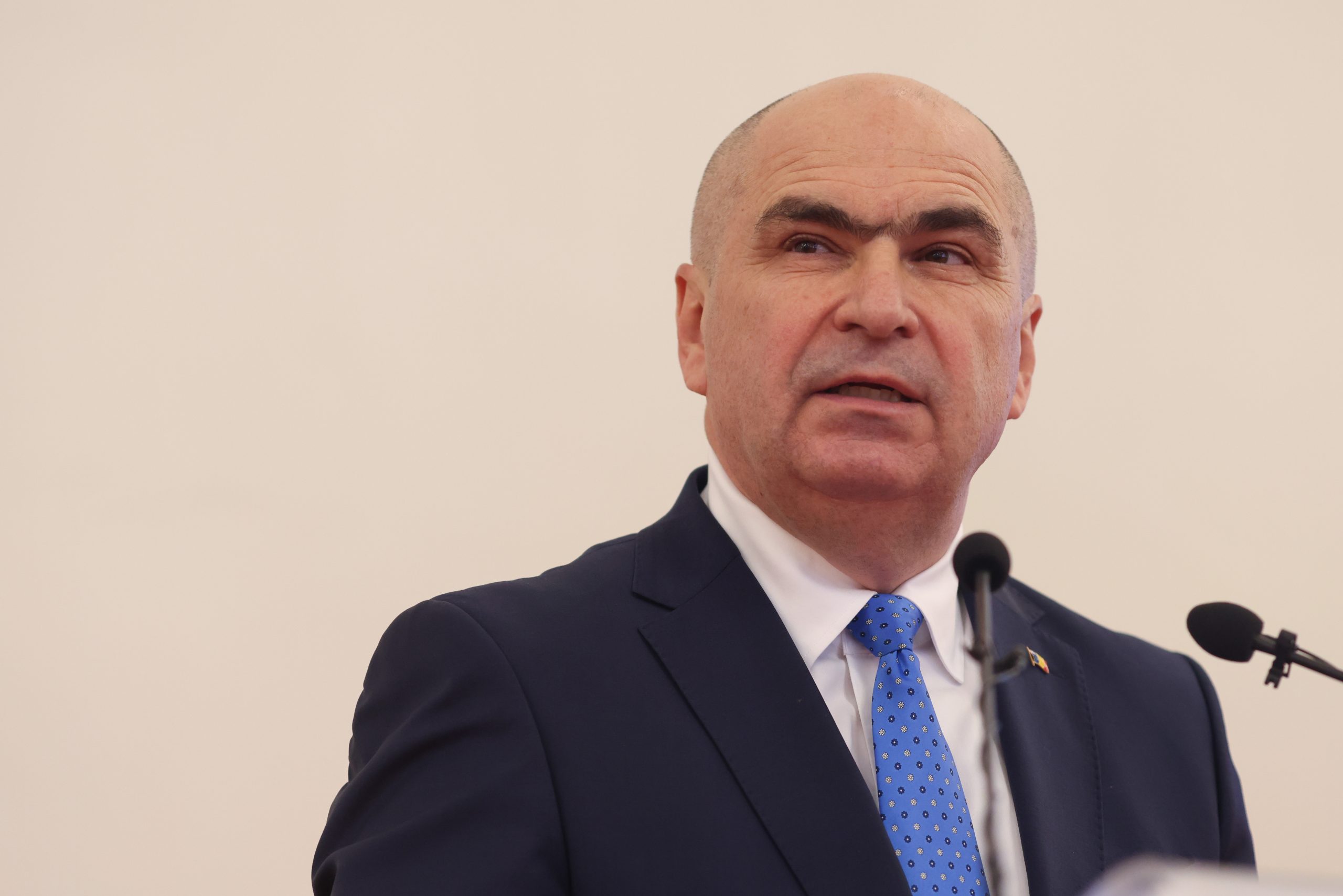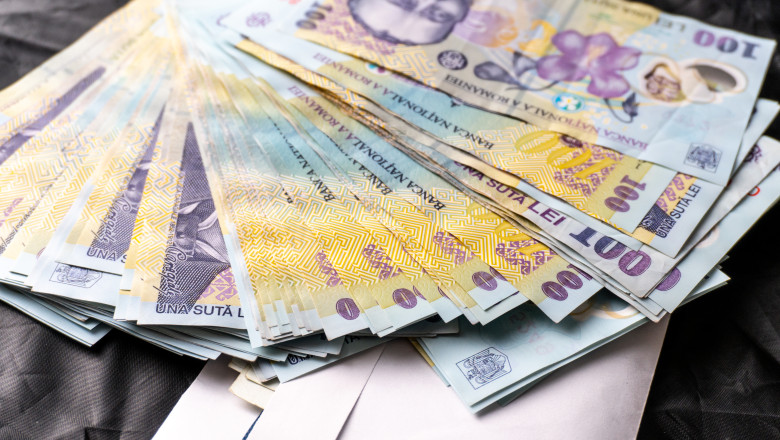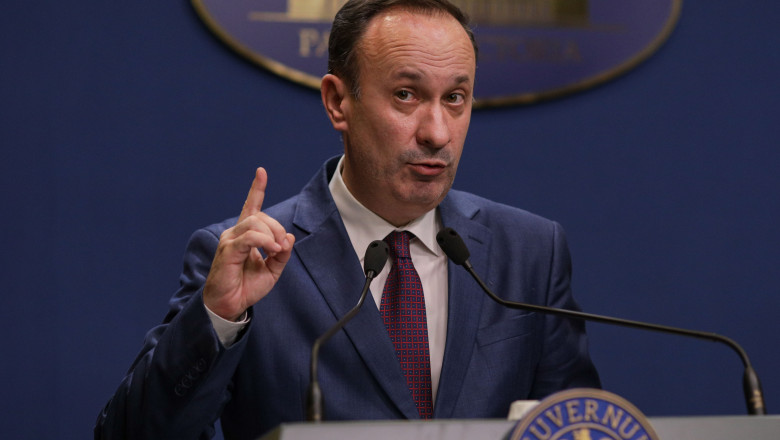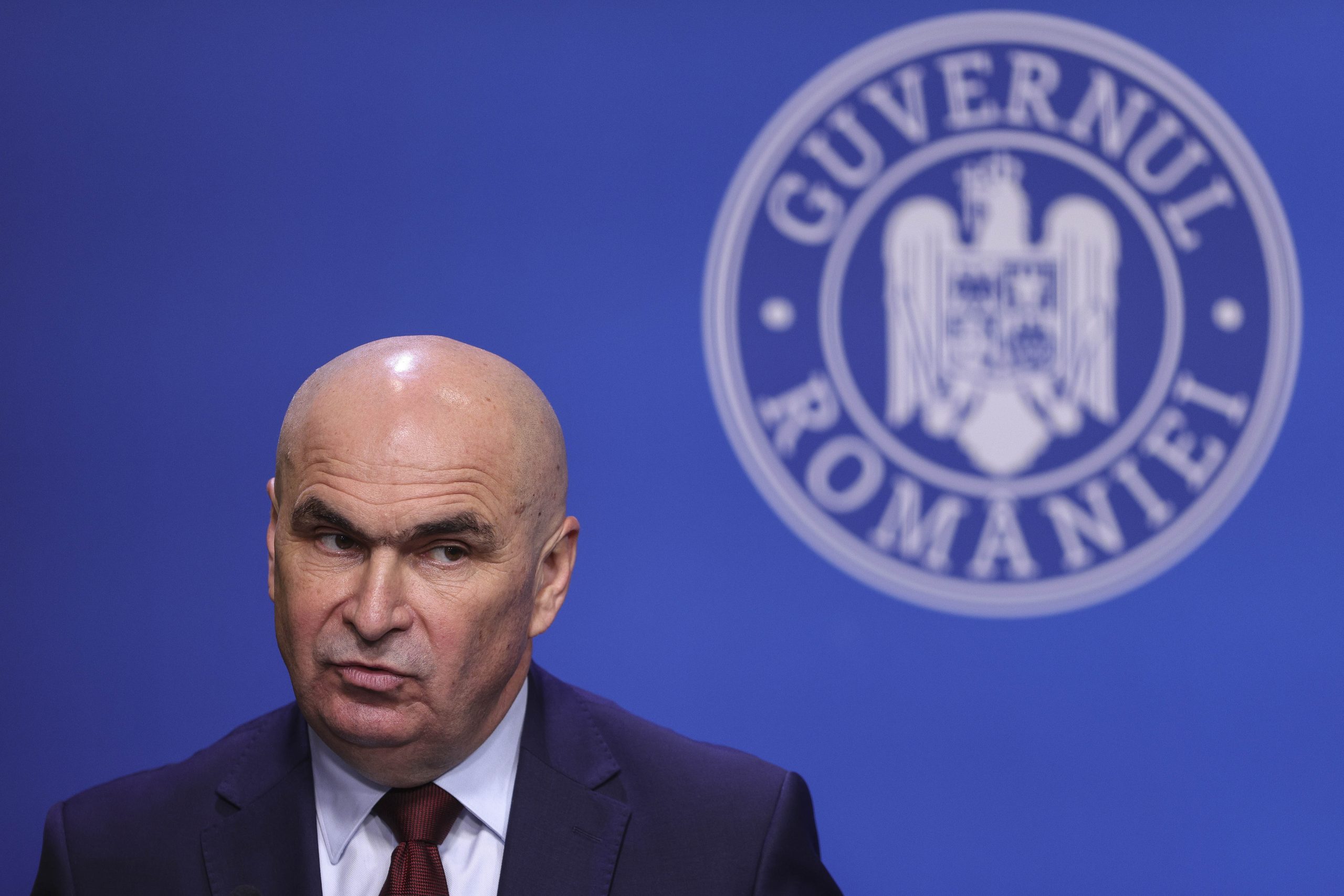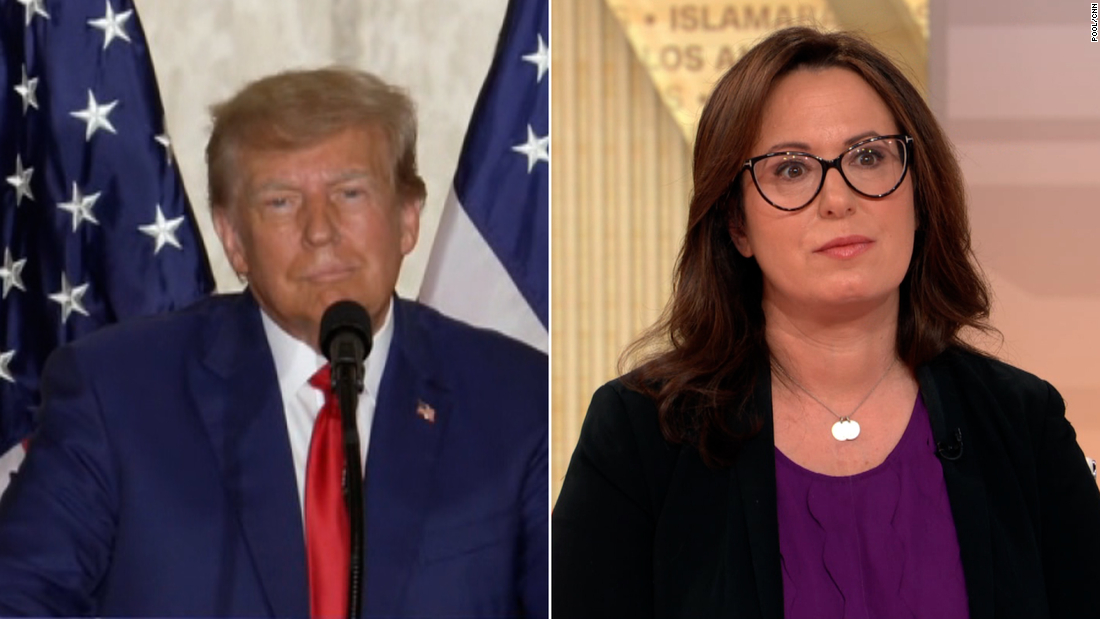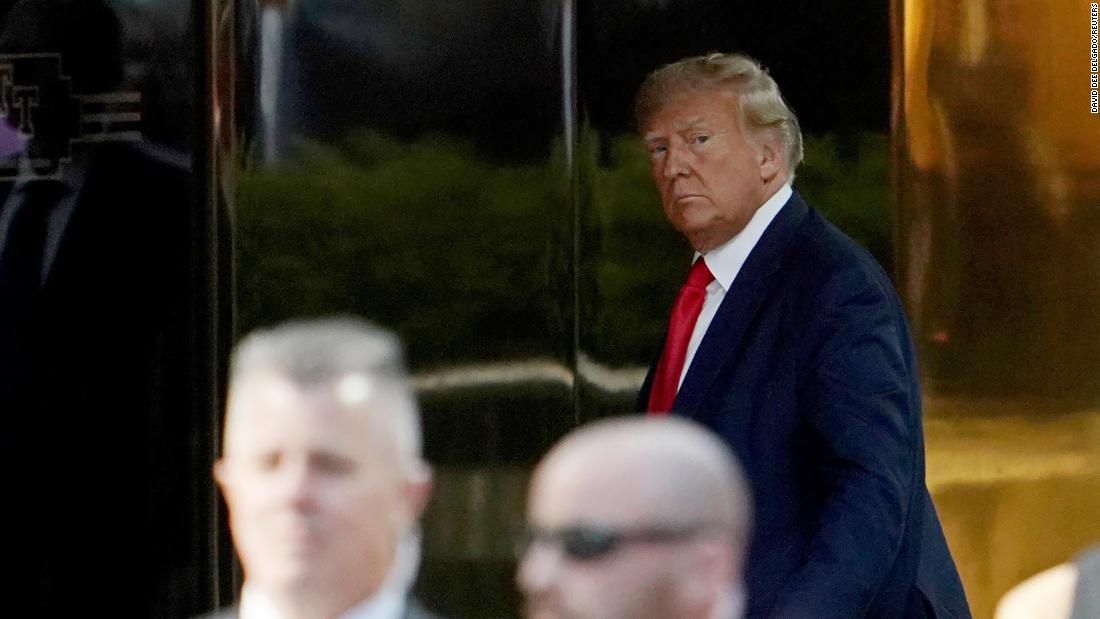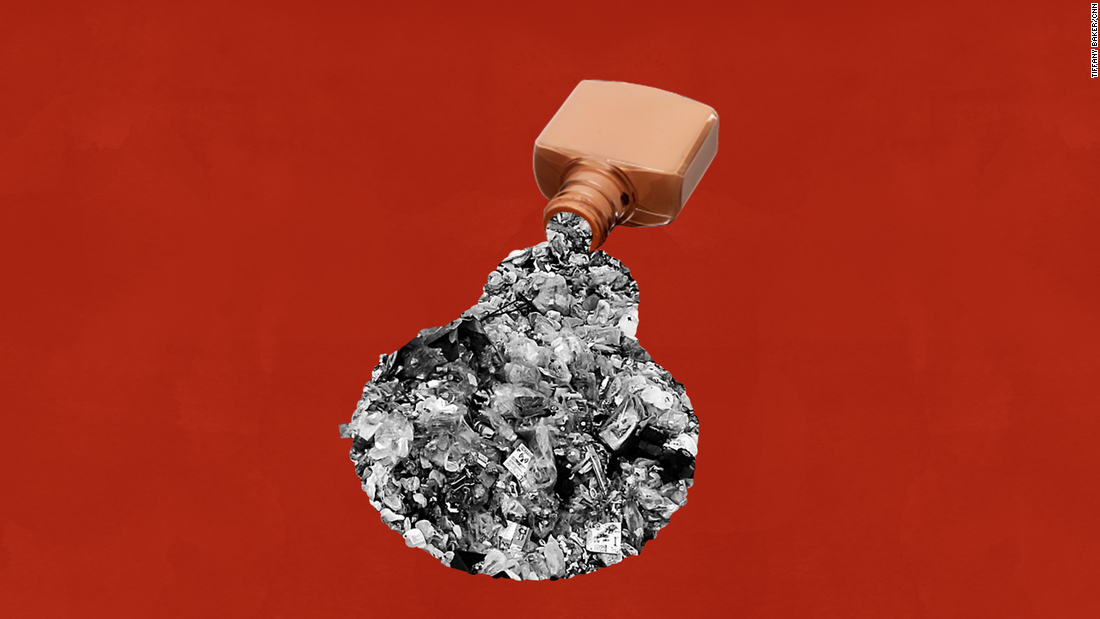CNN —
The escalating climate crisis is shifting many people’s purchasing patterns and this extends to the Delay means death': We're running out of ways to adapt to the climate crisis, new report shows. Here are the key takeaways
Strategy and consulting firm Simon Kucher’s Global Sustainability Study 2021 found 60% of consumers around the world rated sustainability as an important purchase criterion, and 35% were willing to pay more for sustainable products or services.
This shift in consumer preferences has propelled many beauty brands to set environmental goals: to move away from single-use and virgin plastics, provide recyclable, reusable and refillable packaging and offer more transparency around products’ ingredients so customers can ascertain how “green” their purchase is.
However, consumers still struggle to understand the sustainability credentials of many products, according to the British Beauty Council. This is because the industry’s clean-up efforts have been inconsistent, and fall short of making a recognizable impact in the absence of collective goal-setting, global strategy and standardized regulations.
Ingredient and branding transparency
There is no international standard for the beauty industry on how much product ingredient information to share with customers — or how to do so. Brands can set their own rules and goals, giving rise to confusion and “greenwashing,” where sustainability claims are often touted but not substantiated.
Companies often use marketing language like “clean beauty” to make it seem like their products are natural, for example, when they may not actually be organic, sustainable or ethically made.
Related article After rebranding in the West, many beauty companies are still offering to 'whiten' skin elsewhere
“The term ‘clean beauty’ has become quite dangerous. It’s used to sell more products,” according to British Beauty Council CEO Millie Kendall, who added that such buzzwords are losing traction in the UK as British customers wise up to their shortcomings. “Customers need better marketing information and certification information.”
In a 2021 report calling on the industry to have “the courage to change” their business practices, the British Beauty Council wrote that, all too often, even natural ingredients involved in manufacturing products give way to “over-consumption, non-regenerative farming practices, pollution, waste and neglect.”
“The only way out of this is transparency,” Kendall told CNN.
Jen Lee, chief impact officer at US-based brand Beautycounter, said she continues to see confusion over ingredients among consumers. (In 2013, the company launched and published “The Never List,” which currently cites more than 2,800 chemicals — including heavy metals, parabens and formaldehyde — it claims to never use in its products.)
“Natural vs. synthetic ingredients has been a conversation. People think natural is safer, but it’s not always the case,” Lee explained. “Natural ingredients formulated in the industry can have toxic load. Heavy metals can occur in natural components of the earth.”
Related article Mother loses peripheral vision from apparent exposure to mercury in beauty creams. Toxic levels in her home put family at risk, say experts
“We used to be more natural and organic,” added Sasha Plavsic, founder of makeup brand ILIA Beauty. “What was challenging is (that) raw materials were difficult to source or would come in inconsistently or products wouldn’t perform.”
Most makeup is created and molded at high temperatures, Plavsic explained. Purely organic materials often fall apart in this heat, leading to inconsistent results and subpar product performance. “Not every synthetic is bad,” Plavsic said. “Sometimes, it helps create the best in class formula.”
The industry’s plastic packaging is a particular sustainability challenge — 95% is thrown away and the vast majority is not recycled, according to the British Beauty Council.
The cosmetics business is the fourth biggest plastic packaging user globally — after food and beverage, industrial packaging and pharmaceuticals — and plastic is about 67% of the industry’s packaging volume, according to Vantage Market Research. Beauty giant L’Oreal used 144,430 metric tons of plastic in its packaging material in 2021, for example, according to the Ellen Macarthur Foundation (EMF). Estee Lauder Companies reported its brands produced 71,600 metric tons of plastic in product packaging that same year.
And only 9% of the global plastic waste is recycled, according to a report from the Organisation for Economic Co-operation and Development. The United States only recycles 4% of its plastic waste.
Related article Single-use plastic is wreaking havoc on the planet. Here's what you can do to minimize your impact
Many brands are trying to phase out harmful plastics from their operations and adopt post-consumer recycled (PCR) plastic. (L’Oreal has set a target of 50% PCR plastic usage by 2025, while Estee Lauder is targeting 25% “or more” PCR plastic — but both are far from achieving their targets.)
“Between 60-70 major global brands have made unprecedented progress” in PCR plastic usage across industries, EMF’s Plastic Initiative Lead Sander DeFruyt told CNN. But DeFruyt stressed that PCR plastic must be adopted in conjunction with brands removing single and virgin plastics from their usage cycles to truly make a difference.
However, PCR plastic is not easy to find — low recycling rates around the world mean there is limited supply. Meanwhile, demand for it is growing demand across industries, DeFruyt said. This competition hikes up its price, which is already higher than virgin plastic.
Hair care brand FEKKAI claims that it used up to 95% PCR content in its packaging, but pricing and supply issues posed a challenge, forcing it to currently aim for containers and packaging that feature at least 50% PCR in its packaging.
“PCR plastic is more expensive than stock plastic. The cost is hard and then sourcing it is too,” founder Frédéric Fekkai told CNN. “PCR is close to our heart, but there is a massive demand, so finding recycled plastic is difficult.”
Beauty retailers plays a pivotal — and under-utilized — role, with control over stocking decisions and supply chains. But many vary when it comes to the standards they set for brands they sell.
“Smaller businesses do more, full stop,” said Jessi Baker, founder of the technology platform Provenance, which helps brands display their sustainability credentials for customers. “They move more nimbly. Some of them are born-good brands — climate friendliness was part of their setup. They don’t need to restructure their entire supply chain. Their culture already has it compared to the larger brands who need to work hard to change.”
Related article A history of beauty trends — and the standards that shaped them
Sephora launched its “Clean + Planet Positive” initiative in 2021, which labeled products that met its set criteria. (This is separate from the French retailer’s “Clean at Sephora” program, which is currently facing a consumer lawsuit alleging it carries a significant percentage of products understood by customers to be harmful.) Target launched a similar program in 2022, featuring a “Target Zero” icon for both online and in-store offerings that either have reusable, recyclable, compostable or reduced plastic packaging, or feature waterless or concentrated products.
Still, many steps taken by brands and retailers do not even begin to touch on the waste and pollution generated throughout supply chains, manufacturing and shipping, all huge problems for the industry to grapple with.
The gaps in standardization in the beauty ecosystem can, to some extent, be filled by certifications such as the US-born B Corporation, or B Corp. This accreditation, one of the most well-known in the beauty space, is issued by the non-profit B Lab, which scores a company on a variety of criteria around ethics and sustainability. However beneficial it may be among eco-conscious consumers, though, it is currently completely voluntary for brands to apply for.
Governments and multinationals enforcing regulations and setting a base line for brands to operate from when making sustainability claims would go a long way to making change, many experts and business leaders believe.
Susanne Kaufmann, founder of her namesake beauty brand, says her efforts in Austria would reap better results if more countries around the world had stricter, more uniform garbage disposal laws.
Related article A trash heap 62 meters high shows the scale of India's climate challenge
“I package our product in a recyclable material,” Kaufmann said. (Her products’ packaging, which is refillable and reusable, is made from 75% recycled plastic — and is 100% recyclable.) If I send this to the US, the garbage is not separated… and it’s not recyclable,” she explained, referring to inconsistencies in recycling laws across the United States.
And when it comes to ingredients, the European Chemicals Agency lists 2,495 substances banned from use in cosmetic products marketed for sale or use in the bloc. But the US Food and Drug administration only lists 11, making it more challenging for American consumers to find safer, greener options. The Environmental Working Group, a non-profit watchdog, studied lab tests of 51 sunscreen products in 2021 and found that only 35% of products met the EU standard, compared with 94% that passed the US standard.
However, while government can set minimum requirements, Mia Davis, vice president of sustainability and impact at beauty retailer Credo Beauty, says the needle will move in the private sector.
Related article Sustainable ships: The world's most eco-conscious cruises
“Regulation can raise the floor a bit. A person who doesn’t know about any (sustainability issues) should still be able to walk into a bodega and get clean products… But that’s never going to be what the market can do,” she said. “Market leadership is key.”
In the absence of bold regulations or global standards on sustainability practices, this “leadership” — undertaken both by brands and customers in the beauty marketplace — is likely to be the most immediately impactful vector for addressing the industry’s climate shortcomings. It will take continued collective advocacy and initiative to see meaningful climate-conscious change.
Sursa: CNN
